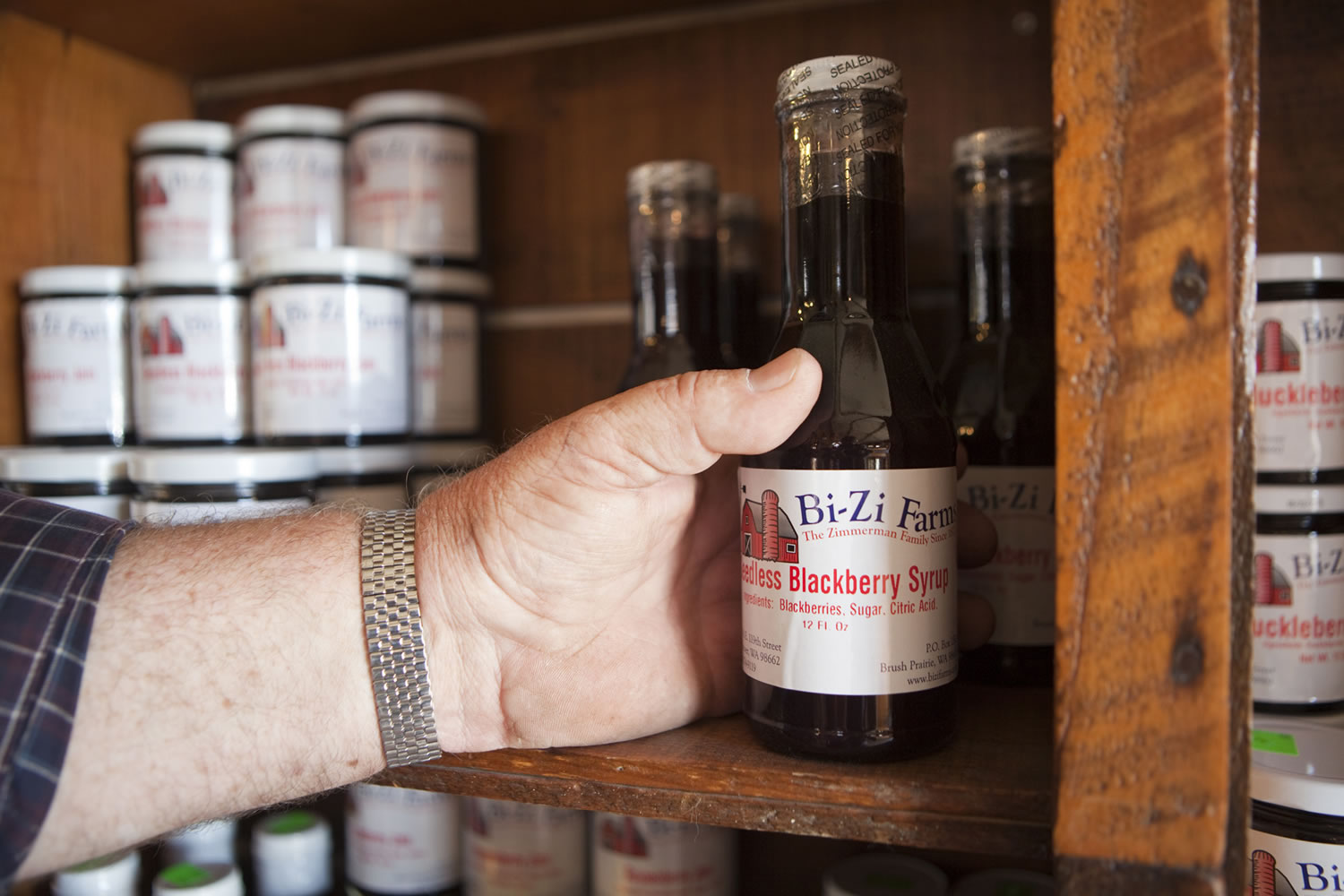Local farmers come down on both sides of I-522: Bill would require labeling of many genetically modified foods
Supporters and opponents of labeling genetically engineered food will watch the Evergreen State closely Nov. 5, when Washington voters decide whether many genetically modified organisms, or GMOs, sold here should include such information on their packaging.
It’s the only initiative of its kind to go before voters in a U.S. state this fall, and opponents of GMO labeling have raised a record-breaking amount of money in attempts to defeat it. Legislators in two states, Alaska and Connecticut, have passed laws that require labels on some genetically engineered food, but ballot measures requiring similar labeling practices have failed.
The first state to vote on food labels for GMOs was Oregon in 2002, and Oregon voters gave the initiative petition a resounding thumbs down. The vote was 30 percent in favor of Measure 27, and about 70 percent against.




